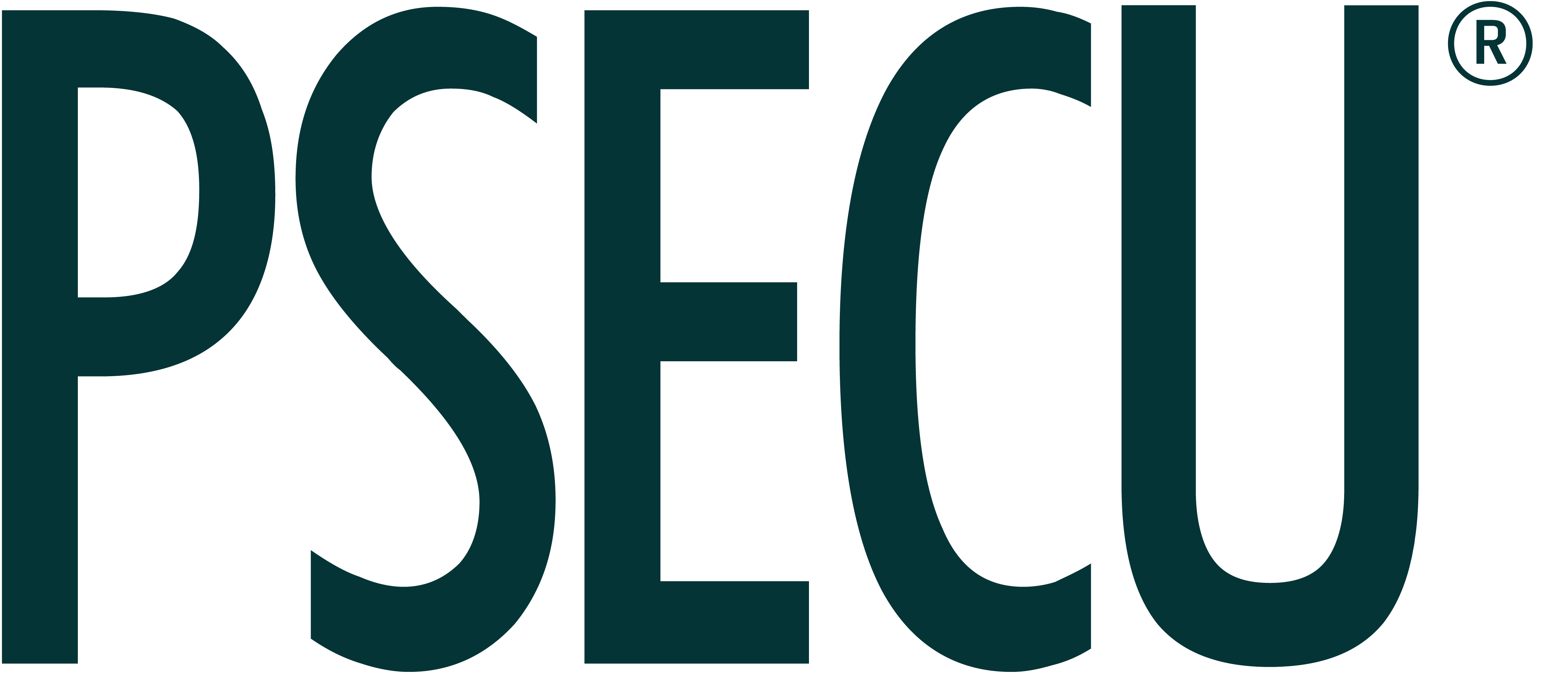To become financially savvy, it’s essential to understand the difference between assets and liabilities — and why they matter. Luckily, you don’t need to head back to school to brush up on your money management terms.
What is an Asset?
An asset is anything you own that has economic or monetary value.
The following are examples of assets:
- Cash
- Retirement accounts
- Real estate
Assets can be liquid or fixed. A liquid asset is one you can sell quickly or easily convert into cash without negatively affecting its value. Money you have in a checking or savings account is an example of a liquid asset. When you need to, you can tap into its value instantly. For example, you can go to an ATM and take $20 out of your account to get cash immediately. Certain types of investments, such as stocks, are also examples of liquid assets.
Fixed assets can also be turned into cash, but the process of converting them takes more time. In some cases, a fixed asset might lose value if you try to convert it to cash too soon or too quickly.
If you have a 401(k), for instance, you’re meant to leave the money in the account until you reach retirement age. Once you turn 59 ½, you can start withdrawing from the 401(k) and converting the funds into cash. Since the money in your 401(k) is meant to be for retirement, accessing before you’re the appropriate age comes with negative financial consequences. If you need to take money out of a 401(k) or another retirement account early, you’ll need to pay a 10% early withdrawal penalty, plus pay income tax on the distribution in most cases.
In addition to retirement accounts, examples of fixed assets include your home or other real estate you own, jewelry and other valuables, and annuities.
Building wealth means building your assets. Ways to do so may include:
- Saving money in an emergency fund
- Saving money in a retirement account
- Buying Treasury or savings bonds
- Investing in art, jewelry, or other valuables
- Buying real estate
What is a Liability?
A liability is a debt. Examples of liabilities include:
- Mortgages
- Student loans
- Credit card debt
Although a liability sounds like something that would always be financially unideal since it takes money out of your pocket, that’s not always the case. For example, you may take out a mortgage to help you buy a house. As you pay down the mortgage, you build up equity in your home. Once the mortgage is paid in full, you own the home.
Student loans are other examples of liabilities that can have a positive impact on your finances. If you borrow money to go to school, you might be more likely to find a higher-paying job than you would if you didn’t take on the student loan debt.
That said, paying down liabilities is essential if you hope to build wealth. When you have a lot of liabilities, they can stand in the way of you investing in assets or saving money for retirement or other financial goals.

How Do I Reduce Liabilities?
If you have a lot of liabilities and few assets, it can be challenging to make ends meet. If you want to reduce your total liabilities, the first step is to stop creating more debt. If you continue adding more debt as you’re paying off existing debt, you’ll find yourself in a perpetual cycle.
One way to stop adding to your debt is to create a budget. That way, you can clearly see your income and expenses for each month. If you are spending more than you bring in, you will need to make decisions about where to cut back or reduce your costs.
Next, take a look at your current debts and how much you’re paying each month. Can you afford to pay more than the minimum each month? If so, you might want to try using the snowball method to decrease your debt. Using this method, you pay off your smallest debt first by making the minimum payments on your other debts and paying as much as you can toward the smallest debt.
When you’ve paid off the smallest debt, put the amount you previously paid on it toward your next smallest debt. Once that debt is gone, shift your attention to the next smallest debt and keep making payments until all of your debts are paid off.
Another option, called the debt avalanche, is to focus on paying the debt with the highest interest rate first.
High interest rates can keep you in debt longer, with payments going toward monthly interest charges instead of the actual balance. Ask your credit card or loan issuers for a lower interest rate. If you have a history of paying your bills on time, you may have room to negotiate. You can also look into loan refinancing options, which allow you to move high-interest balances from other credit cards to one with a lower, more competitive rate.
What is Net Worth?
Your net worth is the value of your total assets minus the total of your liabilities or debts. It’s pretty easy to calculate your net worth — just add up your assets, then subtract your liabilities. If you have more assets than liabilities, you have a positive net worth. If your liabilities are more than your assets, your net worth is negative. Take a look at two net worth scenarios:
Scenario A:
| Asset or Liability | Value |
| Home Value | $250,000 |
| Mortgage | -$200,000 |
| 401(k) | $50,000 |
| IRA | $15,000 |
| Student Loan | -$25,000 |
| Total Net Worth (Assets – Liabilities) | $90,000 |
Scenario B:
| Asset or Liability | Value |
| Credit Card Debt | -$10,000 |
| Auto Loan | -$10,000 |
| Emergency Fund | $10,000 |
| IRA | $7,000 |
| Student Loan | -$15,000 |
| Total Net Worth (Assets – Liabilities) | -$18,000 |
Negative net worth doesn’t necessarily mean you’re living paycheck to paycheck, as this number doesn’t include your income — only how much money you’ve saved and invested. Nevertheless, it could mean you need to examine your financial habits and consider whether you’re making fiscally responsible decisions.
To learn more about evaluating your finances and making good money management choices to strike a better balance between assets and liabilities, visit our WalletWorks page.
The content provided in this publication is for informational purposes only. Nothing stated is to be construed as financial or legal advice. Some products not offered by PSECU. PSECU does not endorse any third parties, including, but not limited to, referenced individuals, companies, organizations, products, blogs, or websites. PSECU does not warrant any advice provided by third parties. PSECU does not guarantee the accuracy or completeness of the information provided by third parties. PSECU recommends that you seek the advice of a qualified financial, tax, legal, or other professional if you have questions.
